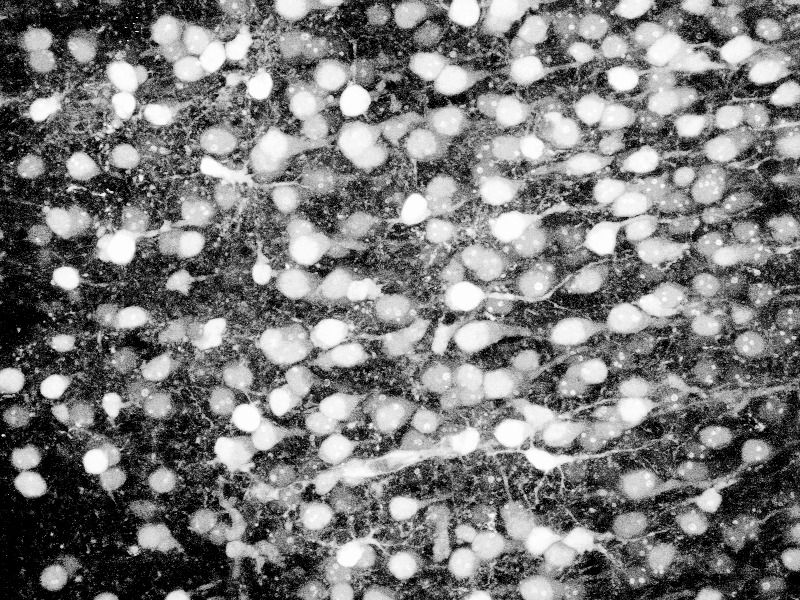Neurons that fire together really do wire together, says a new study in Science, suggesting that the three-pound computer in our heads may be more malleable than we think.
In the latest issue of Science, neuroscientists at Columbia University demonstrate that a set of neurons trained to fire in unison could be reactivated as much as a day later if just one neuron in the network was stimulated. Though further research is needed, their findings suggest that groups of activated neurons may form the basic building blocks of learning and memory, as originally hypothesized by psychologist Donald Hebb in the 1940s.
“I always thought the brain was mostly hard-wired,” said the study’s senior author, Dr. Rafael Yuste, a neuroscience professor at Columbia University. “But then I saw the results and said ‘Holy moly, this whole thing is plastic.’ We’re dealing with a plastic computer that’s constantly learning and changing.”
